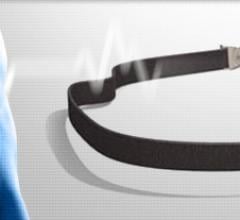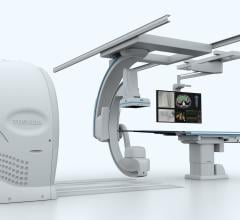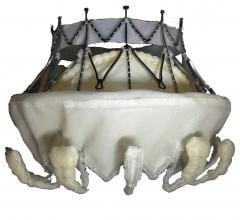In a recent study, the use of a stent to repair pulmonary artery stenosis in children and adults with congenital heart disease was successful in the majority of patients, but many also experienced serious complications. The study was published in March in the Journal of the American College of Cardiology.
MIM Software Inc. announced it has received 510(k) U.S. Food and Drug Administration (FDA) clearance to market full MIM products running on tablets through thin client technology such as Citrix.
Medic Vision Imaging Solutions Ltd. announced the U.S. Food and Drug Administration (FDA) clearance of SafeCT-29 to help healthcare facilities achieve compliance as mandated by NEMA XR-29 Smart Dose standard.
Cardiac PET/CT represents a major advancement in cardiovascular diagnostics, offering significant clinical and ...
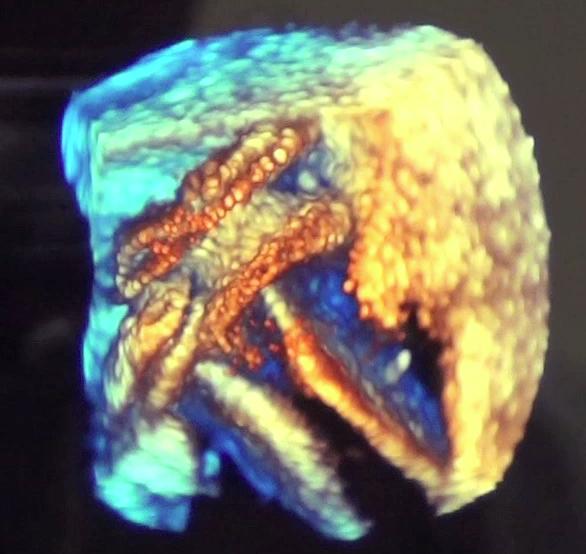
May 27, 2016 — A U.S. Food and Drug Administration (FDA) panel recommended approval of a transcatheter patent foramen ...

(Watch an October 2019 update on this article with radial adoption rates nearing 50 percent in the U.S. in the VIDEO ...
Corsens Medical Ltd. announced it has successfully completed filing of a Pre-Marketing Notification (510(k)) with the U.S. Food and Drug Administration (FDA) for its Corsens Cardiac Monitor.
SPONSORED CONTENT — Studycast is a comprehensive imaging workflow system that allows healthcare professionals to work ...
May 26, 2016 — Ligand Pharmaceuticals Inc. announced the acquisition of economic rights to multiple programs owned by ...
The LifeBridge Health Cardiovascular Institute, Baltimore, has launched a pilot study to evaluate the potential benefits of a wireless heart monitoring system for patients with moderate to severe heart failure.
Cancer patients at the Carti Cancer Center, Little Rock, Ark., now have access to the latest innovation in diagnostic imaging with Toshiba America Medical Systems Inc.’s Infinix 4-D CT.
Providing exceptional cardiovascular care for patients to achieve the best possible outcomes is the number one goal for ...

May 27, 2016 — Radiation exposure to cath lab staff and physicians has seen growing concern in recent years, as the ...
Technavio’s latest report on the U.S. anticoagulants market provides an analysis on the most important trends expected to impact the market outlook from 2016-2020.
A new imaging system known as intravascular photoacoustic (IVPA) imaging that produces three-dimensional images of the insides of arteries has the potential to help doctors diagnose plaques on the brink of rupturing.
Cardiac positron emission tomography (PET) is growing in popularity among cardiologists because it provides the ability ...
In a new report, Ampronix looks at the rapid expansion of simulated procedures into medical education, including programs recently implemented for Baylor College and Tuoro University System.
Thirty-day data from the European post-approval study of the Edwards Sapien 3 transcatheter aortic heart valve demonstrated positive patient outcomes, including the lowest reported mortality and stroke rates seen in the SOURCE family of registries.
Edwards Lifesciences Corp. announced that a federal jury in Boston returned a verdict in favor of CardiAQ in a lawsuit filed against a former service provider, Neovasc.

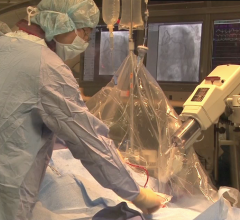
 May 31, 2016
May 31, 2016



